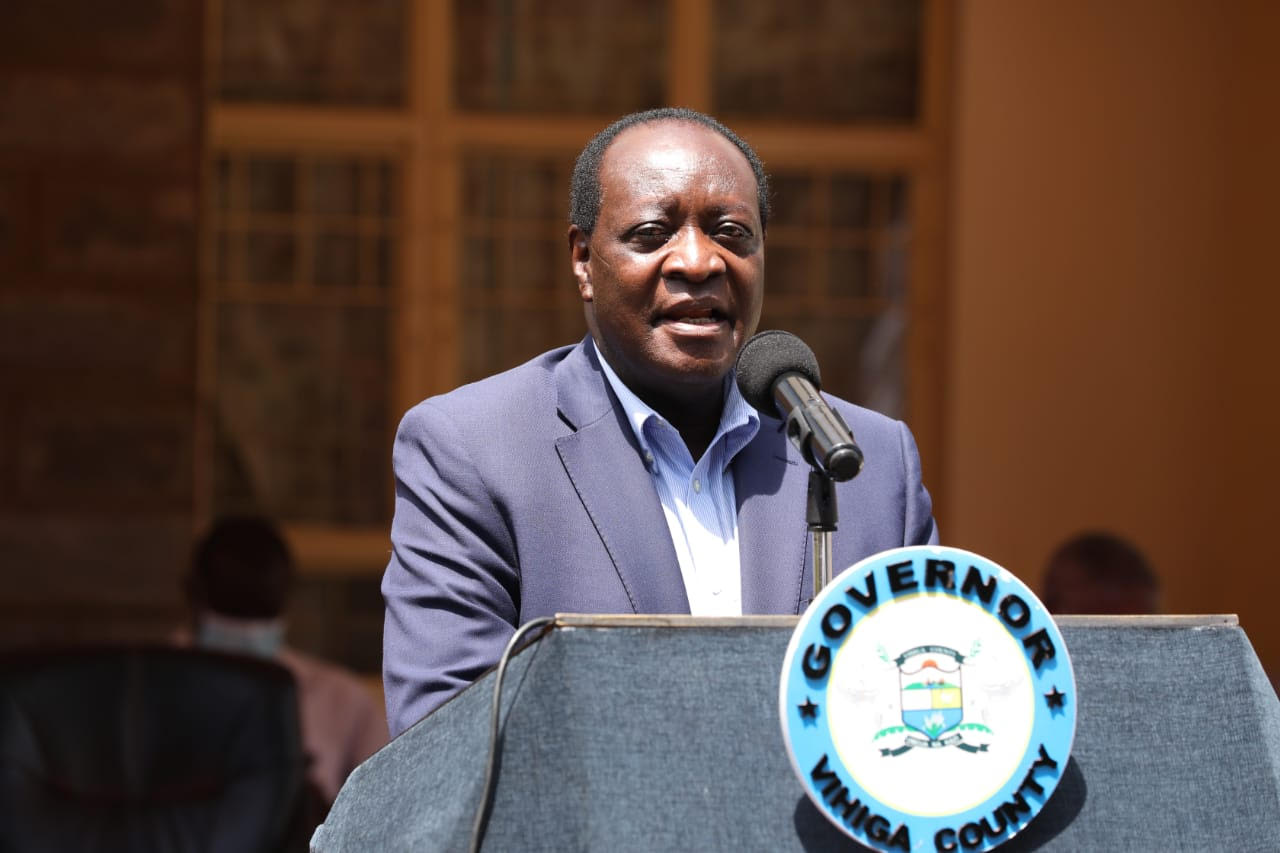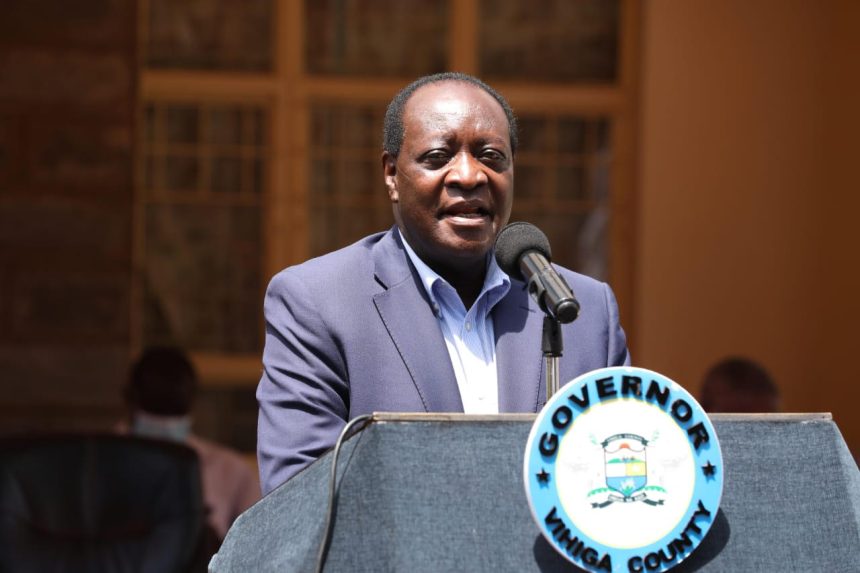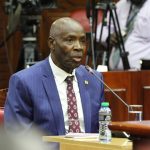A national government agency has urged counties to use their revenues from liquor licensing to build rehabilitation centres for addicts.
The call by the National Authority for the Campaign Against Alcohol and Drug Abuse is coming at a time when the country has intensified its war against the consumption of narcotics and illicit liquor brews.
Western Region Nacada boss Sarah Koskei said the law requires the devolved units to spend up to 15 per cent of the revenue from liquor licensing to establish the centres.
Citing the Alcoholic Drinks Control Act, 2010, Ms Koskei said licensing of alcoholic drinks and outlets is a devolved function and county governments have a responsibility to establish rehab centres, which most are yet to do.
If implemented, this will see every county own a centre that will help treat and rehabilitate addicts amid growing concerns over the rise in substance abuse.
The Act seeks to, among other things, promote and provide for treatment and rehabilitation programmes for alcoholics. It is not clear how counties have been spending collections from liquor licensing as the revenue is not deposited in the Consolidated Fund in line with the Alcoholic Drinks Control Act, 2010.
The Act says in Article 4: “The relevant agency shall keep statistics on the level of alcoholic drinks consumption and related deaths and carry out research, documentation and dissemination of all relevant information on alcoholic drinks” and “promote national treatment and rehabilitation.”
Ms Koskei said: “It is counties that are licensing bars. The law says part of the revenue should be spent in constructing rehabilitation centres.”

Illicit brews consumption
According to government data, the Western region is leading in the consumption of illicit brews.
Ms Koskei was speaking in Vihiga County when she presided over a football tournament organised by Nacada to educate the youth on the dangers of drugs and alcohol abuse.
She said the exercise is part of initiatives aimed at keeping the youth busy.
“Idle youths get time to indulge in drugs. But when active in sporting activities, they spend their energy in playing football and other sports to grow their talents,” said Ms Koskei.
The event was themed “Kaa sober na ball” [stay sober with football], with Ms Koskei saying that, other than idleness, other causes of increased substance abuse are unemployment and socialisation.
Some of the accredited facilities in the country are Komboni Rehabilitation Centre, Reach Out Drop-in Centre in Lamu and Voi, Dawida Annex Hospital and Rehabilitation Centre, Eden Treatment and Rehabilitation Centre and Irshad Rehabilitation Centre.
The war against alcoholism in the country is being led by Deputy President Rigathi Gachagua. Late last month, Vihiga Governor Wilber Ottichilo said his administration had joined the national government in fighting substance abuse.
Jointly with Nacada, Dr Ottichilo said, the county government would build a rehabilitation centre for drug addicts.
He added that mapping of all liquor outlets was underway, coming a month after the county boss decried the high rate of drunkenness and drug abuse in the county.
“During the meeting with Nacada, we deliberated on how the agency will partner with the county government to carry out awareness programmes on alcohol and drug abuse,” he said.
Nacada, Dr Ottichilo added, will support the county government in implementing policies, laws and plans to eradicate drug abuse. In April, Dr Ottichilo raised a red flag over the increased consumption of contraband alcohol imported from Uganda.
The governor called for tighter rules for licensing of manufacturers and outlets and tough penalties to ensure compliance.



